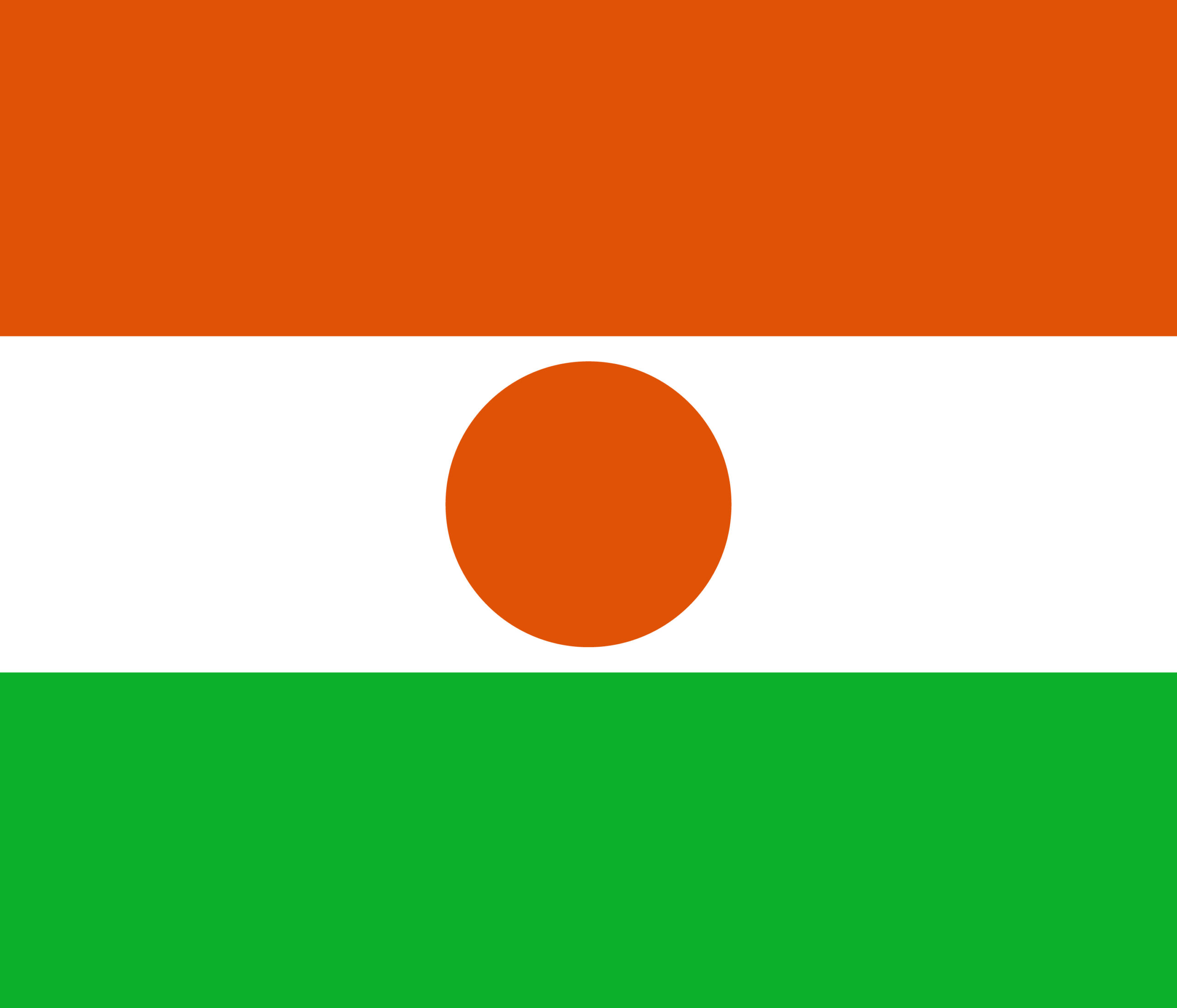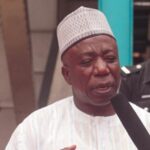If you are looking for evidence of the pivotal role our now-estranged neighbour, Niger Republic, played in the Nigerian Civil War, you need not look far. Besides the shared long history of association between the border communities in the seven northernmost states of the federation, the leadership in the Niger Republic played a critical role at an hour of our direst needs during the Nigerian Civil War. This crucial role Niger Republic played was all laid out in the records left behind by Usman Faruk, the military governor of the North-Western State 1967-75.
Usman Faruk died in 2020. As I wrote in a piece titled, Usman Faruk: The Last Man Standing Departs, ‘By the time he died on December 18, 2020, Usman Faruk was the last of the first generation of military governors of the then newly-created six northern states to depart to the hereafter.
‘When they were appointed in May 1967, the six governors were all very young. Two of them were just in their twenties, Musa Usman of North-East and David Bamigboye of Kwara, while three were in their thirties, Joseph Gomwalk of Benue-Plateau, Abba Kyari of North-Central and Usman Faruk. Only Audu Bako of Kano State was in his early forties. But then you also have to put the era in its context: The Head of State, Yakubu Gowon was also in his early thirties.’
Usman Faruk was posted to take charge of the North-Western State (NWS). Before he was appointed governor, he was the Superintendent of Police in charge of Kaduna Capital Territory. A superintendent was a high rank then in the Nigerian Police of the 1960s that was in the process of being rapidly indigenised. The North-Western State that Usman Faruk headed to now comprises Sokoto, Niger, Kebbi and Zamfara states. The state had the second-largest land area in the country and was one of the most populous. It was the hub of the caliphate and had more high-ranking emirs and chiefs in the Northern Nigerian order of protocol than probably any other state.
It was a great challenge for the young governor but he was fortunate to have a support base of much older and more experienced civil servants that were deployed to the NWS and other new states, from the pool of civil servants of the defunct Northern Nigerian Government. He also had a large number of politicians from the old civilian regime, such as Shehu Shagari a future president, Ibrahim Tako Galadiman Bida, Ibrahim Gusau and Umaru Audi, the Wazirin Minna, to help him as commissioners. Sultan Abubakar Siddique III even allowed his son, Muhammadu Maccido, a future sultan, to serve as commissioner. It was an extraordinary time with the spectre of the Nigerian federation falling apart and a looming civil war ahead.
Usman Faruk was a top-class detective at the point of his appointment as military governor. He had the best available education in the North, then, having been a student of Government College Zaria (now Barewa College) where he was contemporary to Yakubu Gowon, Murtala Mohammed, Abba Kyari and several of those who came to be at the helm of the country’s affairs during the civil war. He joined the Nigeria Police Force (NPF) in 1958 and had training in some of the best police colleges in the world. During his time in the NPF, and as governor, Usman Faruk kept records of many vital historical documents, which became useful when he became a writer after retirement.
He chronicled his life struggle in the epic memoir he wrote that was released in 2006: From Farm House to Government House. I came to be closely associated with him when he was writing the book and also when he was preparing to launch it in Arewa House, Kaduna. During that period, I was a desk officer in the State House in a department that was giving a helping hand to retired public officers writing their biographies and memoirs. A few years later in 2011, he released his civil war memoir titled: Victors and Vanquished of the Nigerian Civil War 1967-70 in which he dismissed the notion that the war ended with no victor no vanquished.
This second book came as a counter-narrative to the pervasive Biafran propaganda that had been trending worldwide. The book detailed the remote and immediate causes of war, its operation and those who helped to sway victory to the Federal army over the Biafran army. His was a believable narrative because he was on the spot as one of the 12 governors. It was a time when state governors were members of the Supreme Military Council and were in the thick of every decision taken in the course of executing the war.
Usman Faruk related that at the breakout of the war, the federal government was ill-prepared without sufficient arms and men, while Ojukwu leading the Biafran army had all the time to amass arms and mobilize his people for the fight. Ojukwu’s propaganda machine had also stopped Nigeria’s arms suppliers in the West from attending to her request. What to do? That’s where the role of Niger Republic came into sharp relief.
What was Usman Faruk’s relationship with Niger Republic and how did he get them to help? We conclude the discussion next week.

 Join Daily Trust WhatsApp Community For Quick Access To News and Happenings Around You.
Join Daily Trust WhatsApp Community For Quick Access To News and Happenings Around You.


